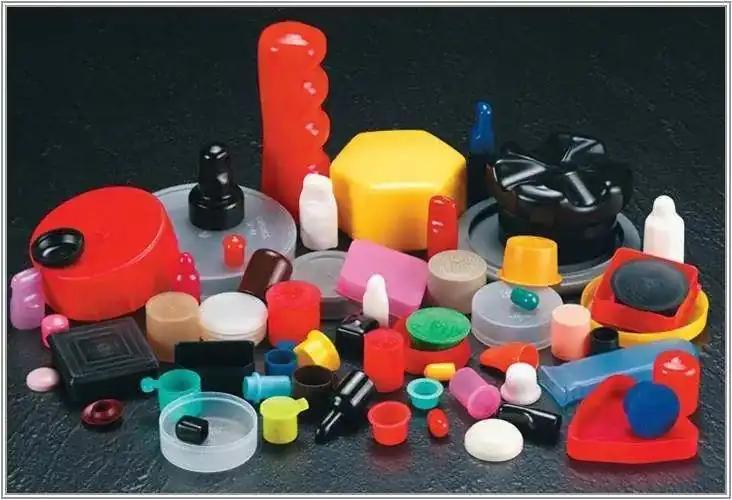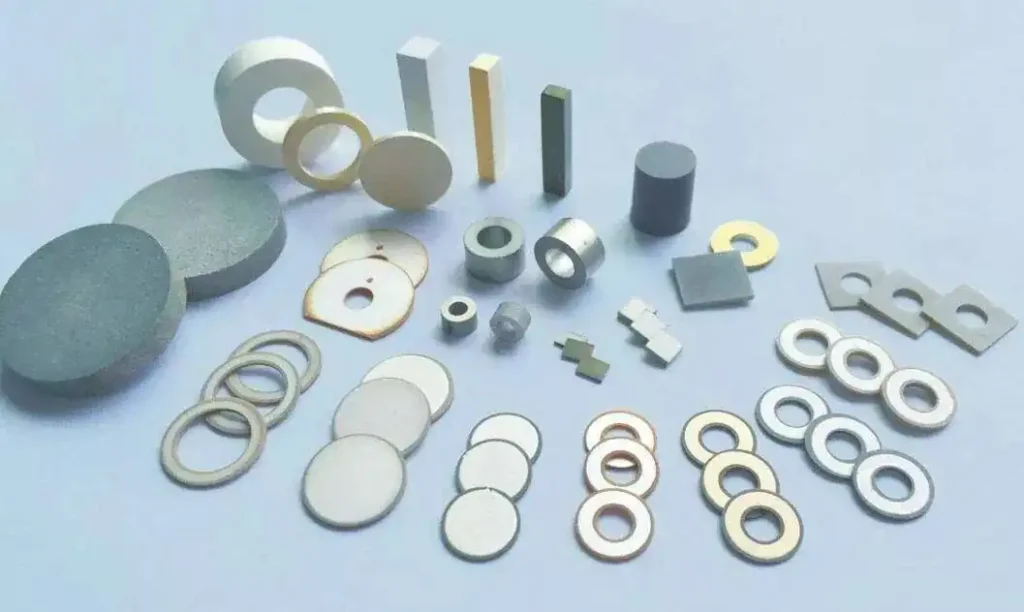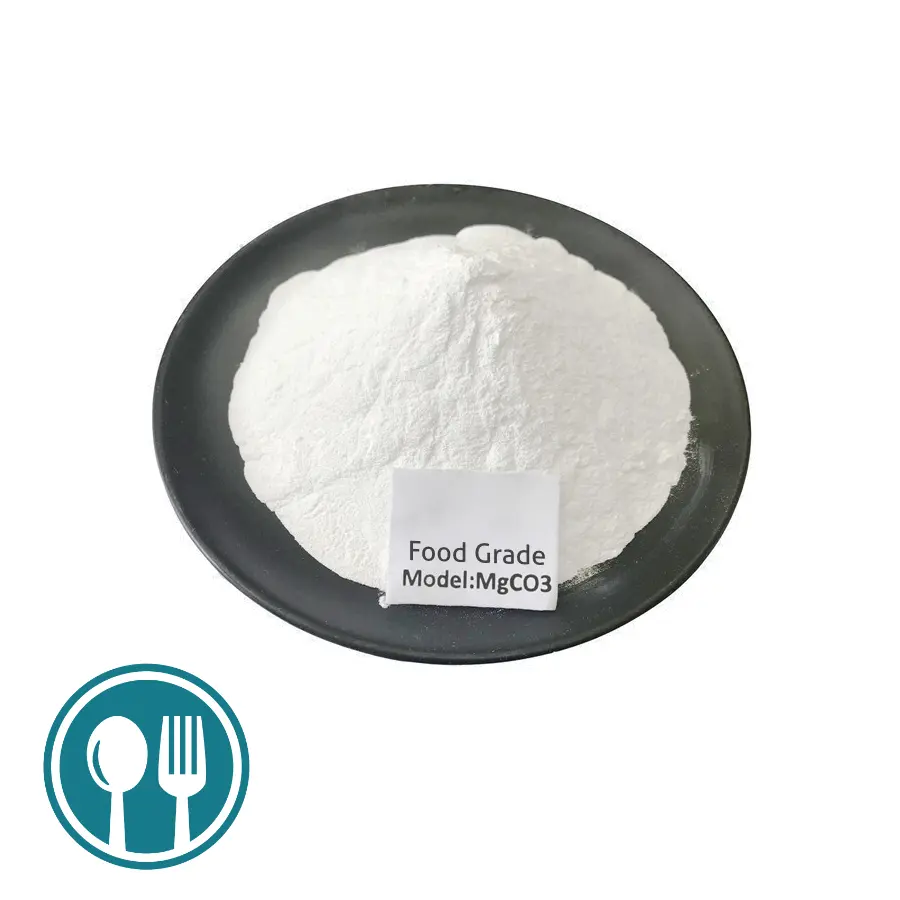Magnesium carbonate is a white powdery, weakly alkaline inorganic compound containing magnesium. Magnesium carbonate is chemically stable, non-toxic, odorless, and non-flammable. It undergoes double decomposition reaction with acids that are stronger than carbonic acid to produce a variety of substances such as salts and carbon dioxide, and is slightly soluble in water, acetone, and liquid ammonia. It has water and oil absorption properties, so gymnastics, weightlifting, and rock climbing athletes often use magnesium carbonate, commonly known as “magnesium powder”, to wipe their hands to keep their hands dry, but magnesium carbonate may cause skin allergies in some people. In addition, magnesium carbonate can also be used as an antacid, constipation medicine, and other gastrointestinal-related drugs.
Physical properties
Magnesium carbonate is a white to yellow solid crystal or crystalline powder. It is resistant to high temperatures and is difficult to dissolve in water, acetone, and liquid ammonia, but is easily soluble in ammonium salt aqueous solutions.
Chemical properties
Heat decomposition
Heating magnesium carbonate to 250℃ to 800℃ will decompose into magnesium oxide and carbon dioxide. This process is called calcination:
MgCO3→ MgO + CO2
Reaction with acid
Hydrochloric acid
Magnesium carbonate reacts with hydrochloric acid to produce magnesium chloride, water and carbon dioxide
MgCO3+2HCl → MgCl2+H2O+CO2↑
Sulfuric acid
Magnesium carbonate reacts with sulfuric acid to produce magnesium sulfate, water and carbon dioxide:
MgCO3 + H2SO4 → MgSO4 + CO2 + H2O
Preparation
Magnesium carbonate is usually obtained by mining magnesite, while trihydrate magnesium carbonate MgCO3·3H2O can be obtained by mixing magnesium solution and carbonate solution, where the carbonate source can be carbon dioxide in the atmosphere. Magnesium carbonate can also be prepared by the following method: a magnesium hydroxide suspension is placed in a carbon dioxide atmosphere at 3.5-5 times atmospheric pressure and heated to 50°C to obtain soluble magnesium bicarbonate:
Mg(OH)2 + 2 CO2 → Mg(HCO3)2
Then the mixed solution is filtered, and the filtrate is dried under vacuum to obtain an aqueous solution containing magnesium carbonate:
Mg2+ + 2 HCO3– → MgCO3 + CO2 + H2O
The reaction formula for the reaction of bittern with alkali to produce magnesium carbonate:
5 MgCl2 + 5 Na2CO3 + 5 H2O → 4MgCO3·Mg(OH)2·4H2O + 10 NaCl + CO2
5 MgSO4 + 5 Na2CO3 + 7 H2O → 4MgCO3·Mg(OH)2·6H2O + 5 Na2SO4 + CO2
Mixed reaction formula of carbonic acid and magnesium hydroxide:
H2CO3+Mg(OH)2→MgCO3 + 2H2O
Main functions and applications
Magnesium carbonate has a wide range of applications, mainly used to manufacture a variety of products, including magnesium salts, magnesium oxide, fire retardant coatings, inks, glass, toothpaste, rubber fillers, etc. Magnesium carbonate can also be used as insulation, fireproof and heat preservation materials, and is an important chemical raw material in the manufacturing process of wires and cables.
1. In the rubber industry, it is used as a reinforcing agent and filler. In the field of sports, it is also used as a substance for athletes to wipe their hands during competitions.

2. In addition, magnesium carbonate is also involved in the manufacture of glass products and the brightening treatment of enamel ceramic surfaces. In related industries such as pigments, paints, daily cosmetics, shipbuilding, and boiler manufacturing, magnesium carbonate also plays an important role.

3. In the field of medicine, magnesium carbonate is used as an antacid and laxative, and has a significant effect on the treatment of hyperacidity, gastric and duodenal ulcers. At the same time, it is also an alkaline agent, desiccant, color preservative, anti-caking agent, carrier, leavening agent and acidity regulator. In the field of fine chemicals, magnesium carbonate is used to produce chemical reagents.

4. In the food industry, magnesium carbonate is used as a flour improver and bread leavening agent. In addition, it can also be used as an acid-base neutralizer, especially in neutralizing acidic substances.


